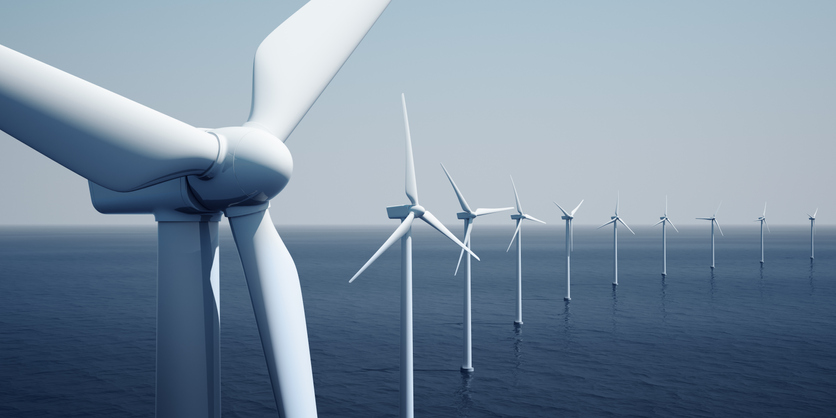ii view: SSE profits take sail
It's largely a clean energy play with an estimated 6% dividend yield, but will it be renationalised?
13th November 2019 13:02
by Keith Bowman from interactive investor
It's largely a clean energy play with an estimated 6% dividend yield, but will it be renationalised?

Half-year results
- Adjusted operating profit on continuing operations up 14% to £491.9 million
- Adjusted earnings per share (EPS) on continuing operations up 10% to 18p
- Interim dividend down 18% to 24p per share
- Plan for full-year dividend of 80p, with annual RPI growth in the three subsequent years
Guidance:
Raised full-year EPS estimate to 83-85p from 80-85p
Chairman Richard Gillingwater said:
"SSE is progressing well in the execution of its low-carbon strategy with the sale of SSE Energy Services leading to group more focussed on renewable energy and regulated electricity networks.
"SSE Renewables has an enviable development pipeline bolstered by recent success in securing valuable Contracts for Difference and we have strong business plans for the upcoming Transmission price control.
"Clearly some headwinds remain in the sector with political uncertainty and aspects of UK
government policy being subject to judicial process, however, we have strong optionality to create value through the low carbon transition and deliver our dividend commitments."
ii round-up:
SSE (LSE:SSE) is primarily a builder, operator and owner of low-carbon energy assets and businesses, with a strategic focus on regulated electricity networks and renewable energy.
It is also involved in the production, storage, distribution and supply of gas.
In September it agreed to sell its retail business SSE Energy Services to Ovo Energy for £500 million. All of SSE Energy Services' 8,000 employees will transfer to OVO.
In these half-year results, SSE reported a rise in profits for its continuing operations, aided by favourable wind turbine electricity generating weather and the inclusion of payments from Britain’s capacity market, which pays power producers to be available during times of high demand.
The group, which plans to shut its last coal-fired power plant by the end of March 2020, also raised its full-year earnings expectations, buoyed by contracts relating to a planned gas production sale.
The share price rose by more than 2% in late morning UK stock market trading.
ii view:
Utility companies have historically proved attractive to income seeking investors. However, regulatory pressures have been building, with the sector as a whole suffering both a backlash from wage squeezed consumers and increased political party attention.
The hard decision for management to cut and rebase the dividend was taken back in May 2018. Hopefully a better balance between customers, group finances, infrastructure investment and shareholder returns has been struck.
For investors, an intended full-year total payment of 80p per share still equates to a dividend yield of around 6%. Attractive in this era of ultra-low interest rates. But, as always, with above average returns, there are risks. Politics and the possibility of a Jeremy Corbyn-led Labour government renationalising utility companies at unknown prices now heads the list.
Positives
- Becoming a clean-energy company
- An 80p per share dividend equates to a dividend yield of around 6%
Negatives
- UK politics continues to create uncertainty
- Moody's previously downgraded SSE's credit rating
The average rating of stock market analysts:
Weak buy
These articles are provided for information purposes only. Occasionally, an opinion about whether to buy or sell a specific investment may be provided by third parties. The content is not intended to be a personal recommendation to buy or sell any financial instrument or product, or to adopt any investment strategy as it is not provided based on an assessment of your investing knowledge and experience, your financial situation or your investment objectives. The value of your investments, and the income derived from them, may go down as well as up. You may not get back all the money that you invest. The investments referred to in this article may not be suitable for all investors, and if in doubt, an investor should seek advice from a qualified investment adviser.
Full performance can be found on the company or index summary page on the interactive investor website. Simply click on the company's or index name highlighted in the article.